The Centre for F ace Processing Disorders was established in July 2012, supported by investment from both HEIF and Fusion funds. Our Centre primarily examines prosopagnosia (face blindness) in adults or children who are either born with the condition, or acquire face-processing difficulties following neurological damage. The close of 2013 not only earmarked the 18-month anniversary of the Centre, but also the end of our internal funding period. This pump-priming resulted in the rapid consolidation of the Centre, underpinned by the appointment of two post-doctoral research fellows (Dr Nicola Gregory and Dr Rachel Bennetts) and one PGR (Anna Bobak). These appointments were rapidly followed by the addition of two permanent members of academic staff: Professor Chang Hong Liu and Dr Angela Gosling.
ace Processing Disorders was established in July 2012, supported by investment from both HEIF and Fusion funds. Our Centre primarily examines prosopagnosia (face blindness) in adults or children who are either born with the condition, or acquire face-processing difficulties following neurological damage. The close of 2013 not only earmarked the 18-month anniversary of the Centre, but also the end of our internal funding period. This pump-priming resulted in the rapid consolidation of the Centre, underpinned by the appointment of two post-doctoral research fellows (Dr Nicola Gregory and Dr Rachel Bennetts) and one PGR (Anna Bobak). These appointments were rapidly followed by the addition of two permanent members of academic staff: Professor Chang Hong Liu and Dr Angela Gosling.
It seems apt that this report should begin with some discussion of the Centre’s contributions to REF-2014. Indeed, as I’m sure is the case for many individuals across BU, I feel I am still ‘coming down’ from the rather intense preparations that filled many hours over the past couple of years. Work from the Centre not only resulted in key research outputs that were submitted to the REF, but also to an Impact Case Study for UoA4. While some of the impact we achieved occurred in rather momentous one-off events (e.g. convincing the NHS Choices website to feature prosopagnosia in its A-Z of conditions, or sparking debate about prosopagnosia in the House of Commons), our other contributions were founded on basic ‘numbers’, or perhaps more fundamentally, the work ethic and sheer hours of research time that were dedicated to this project from research staff and students alike.
Of course, the co-creation and co-production of all our outputs is central to BU’s Fusion agenda. When this project first started, the concept of Fusion was fresh to our ears; and as the first round of Fusion-funded projects now reach their end dates, it seems timely to reflect on this component of our work. In our first year, we supported four voluntary second year undergraduate research placements (via the Department of Psychology’s Research Apprenticeship Scheme), two voluntary final-year research placements, six final year projects, two MSc projects, and two paid undergraduate summer research placements. Importantly, the student projects were co-ordinated with our over-riding research aims, and the projects were therefore more sophisticated and engaging than the typical student dissertation. Indeed, all students received training and experience in neuropsychological testing and the diagnosis of face-processing deficits, and attended our bi-weekly lab meetings where they contributed to the planning and interpretation of key investigations. Their significant contributions to our research programme have enabled them to be listed as co-authors in the six research publications that have resulted from Year One.
But the benefits to these students has gone beyond the mere (but very respectable) addition of research papers to their CVs. Strikingly, over half of the undergraduate members of the Centre have or will remain at BU to complete the MSc Lifespan Neuropsychology – and continue their research with us. These same individuals wish to pursue doctoral research within the Centre. In short, this co-creation model of working grabs students in and gives them the ‘research bug’, while of course boosting internal recruitment for postgraduate study. The benefits to us as staff members are huge – if this model continues, a set of home-trained graduates with considerable expertise in our field will consistently be produced, sustaining the pathway of our research for years to come.
I feel I should stop writing now as this has become a rather long blog. There are other achievements which I haven’t yet mentioned, including the substantial media coverage of the Centre (e.g. in a CBBC documentary and several national newspapers), some key research publications, and our public engagement activities, which recently received external funding from the British Psychological Society. As an early-career researcher, I have been very fortunate to receive this pump-priming, and am currently reaping the benefits of the co-creation aspect of this work. The next step is to secure further external funding to ensure the sustainability and growth of the Centre, and of course to make that critical ‘five-year plan’ to ensure the complementary development of all strands of the Centre’s work.
For more information, visit our website: www.prosopagnosiaresearch.org.
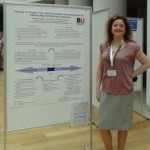
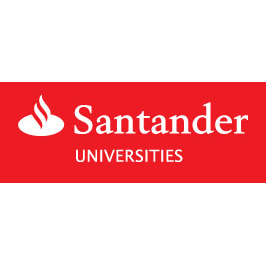
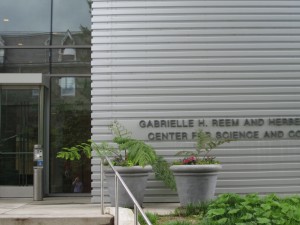

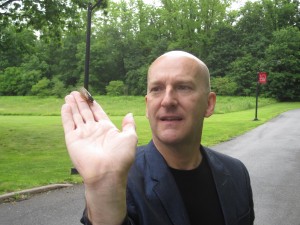
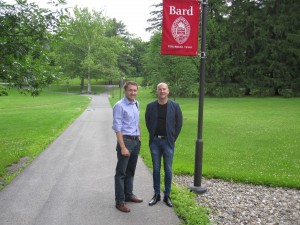


 The Research & Knowledge Exchange Operations (RKE Ops) team will be hosting a lunchtime staff development session on ‘An Introduction to Research Administration and Management’ geared towards professional and support staff on the 11th July 2012 at 12.30pm.
The Research & Knowledge Exchange Operations (RKE Ops) team will be hosting a lunchtime staff development session on ‘An Introduction to Research Administration and Management’ geared towards professional and support staff on the 11th July 2012 at 12.30pm.




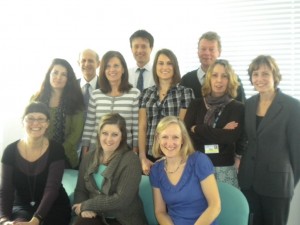











 Beyond Academia: Exploring Career Options for Early Career Researchers – Online Workshop
Beyond Academia: Exploring Career Options for Early Career Researchers – Online Workshop UKCGE Recognised Research Supervision Programme: Deadline Approaching
UKCGE Recognised Research Supervision Programme: Deadline Approaching SPROUT: From Sustainable Research to Sustainable Research Lives
SPROUT: From Sustainable Research to Sustainable Research Lives BRIAN upgrade and new look
BRIAN upgrade and new look Seeing the fruits of your labour in Bangladesh
Seeing the fruits of your labour in Bangladesh ECR Funding Open Call: Research Culture & Community Grant – Apply now
ECR Funding Open Call: Research Culture & Community Grant – Apply now ECR Funding Open Call: Research Culture & Community Grant – Application Deadline Friday 12 December
ECR Funding Open Call: Research Culture & Community Grant – Application Deadline Friday 12 December MSCA Postdoctoral Fellowships 2025 Call
MSCA Postdoctoral Fellowships 2025 Call ERC Advanced Grant 2025 Webinar
ERC Advanced Grant 2025 Webinar Update on UKRO services
Update on UKRO services European research project exploring use of ‘virtual twins’ to better manage metabolic associated fatty liver disease
European research project exploring use of ‘virtual twins’ to better manage metabolic associated fatty liver disease